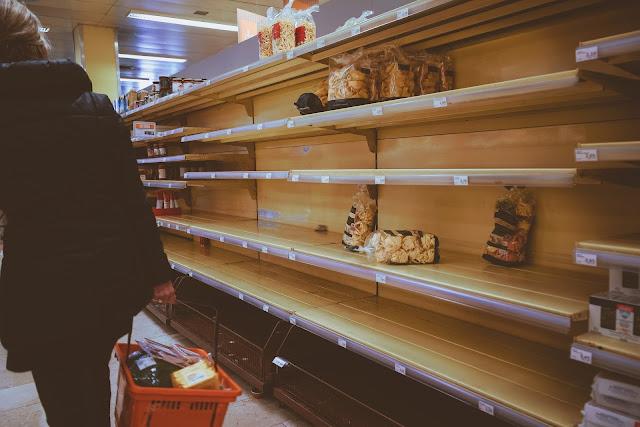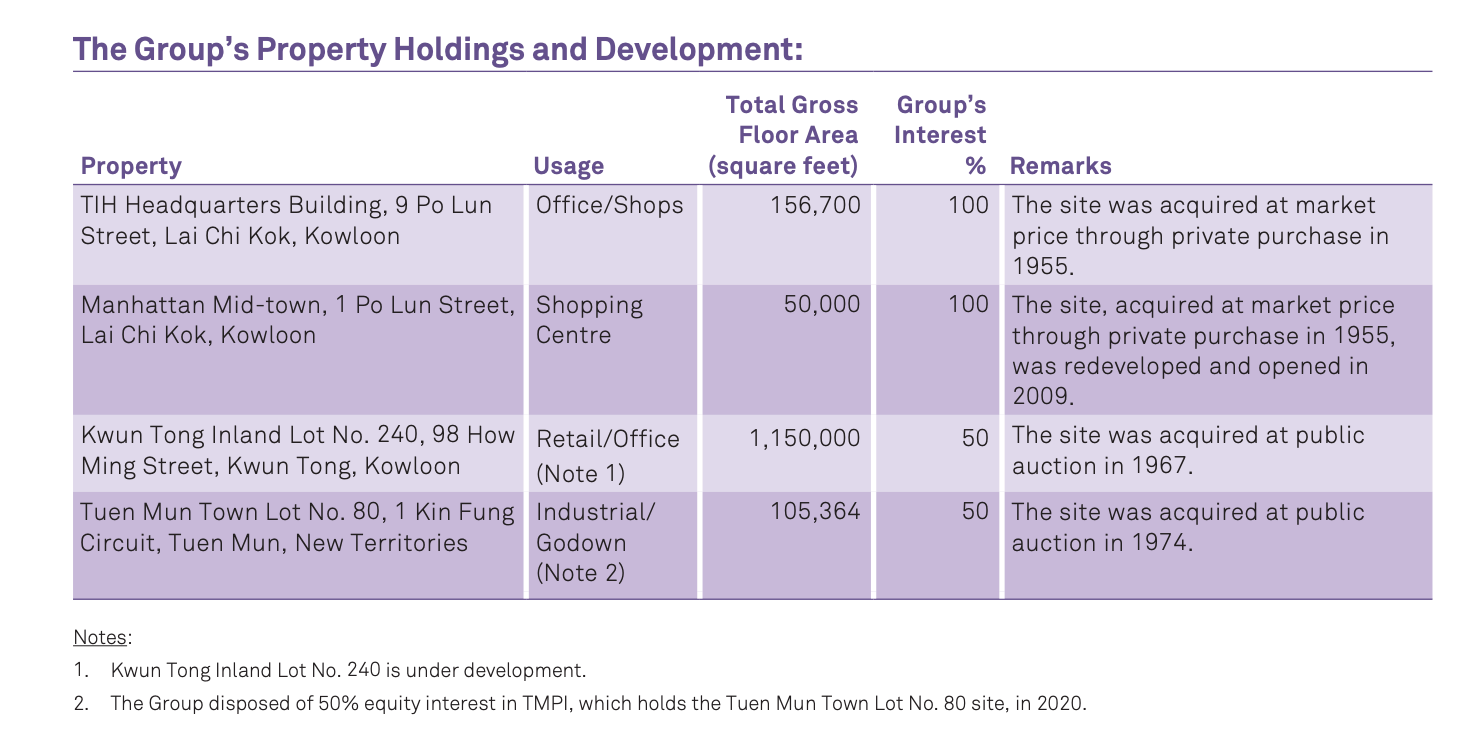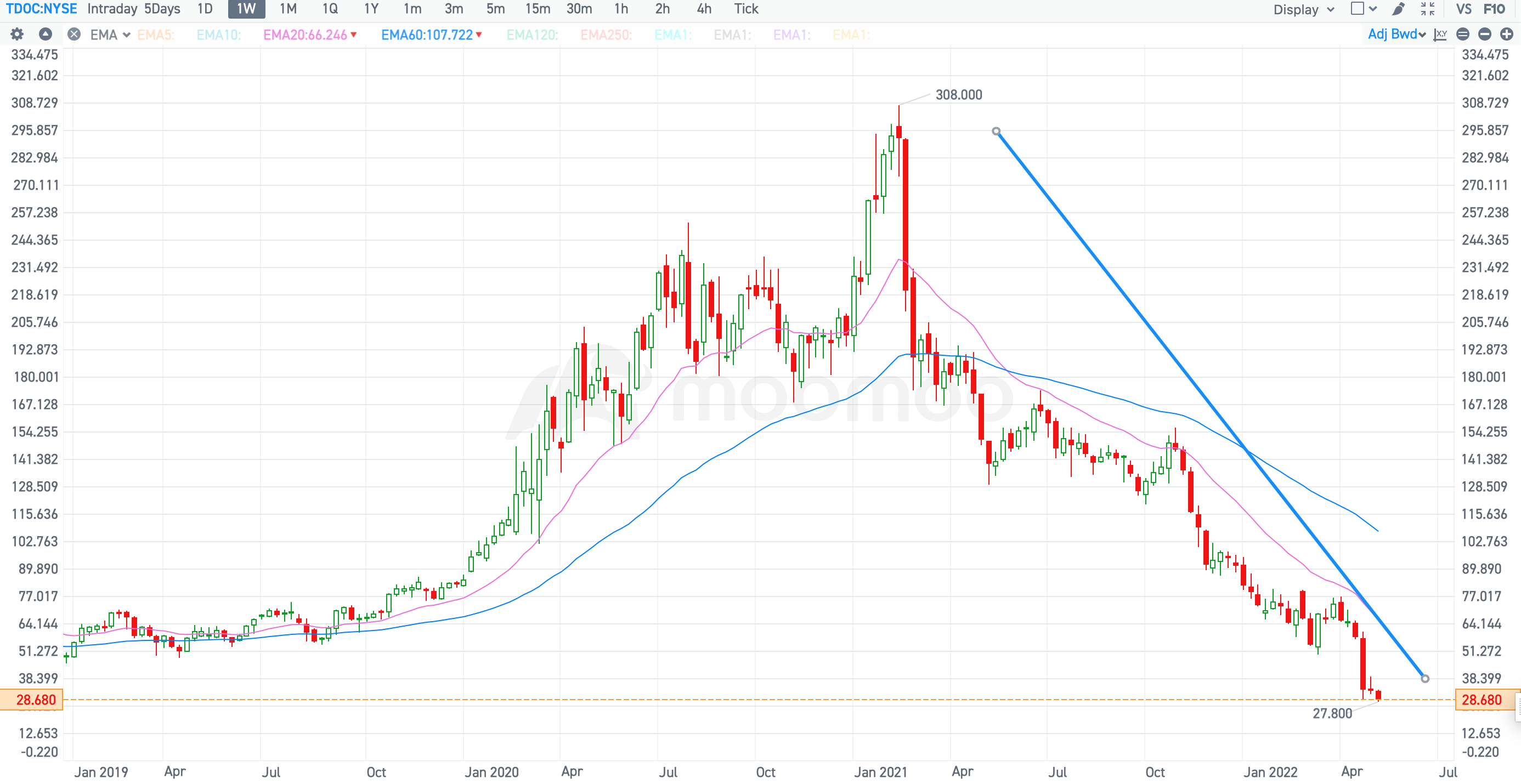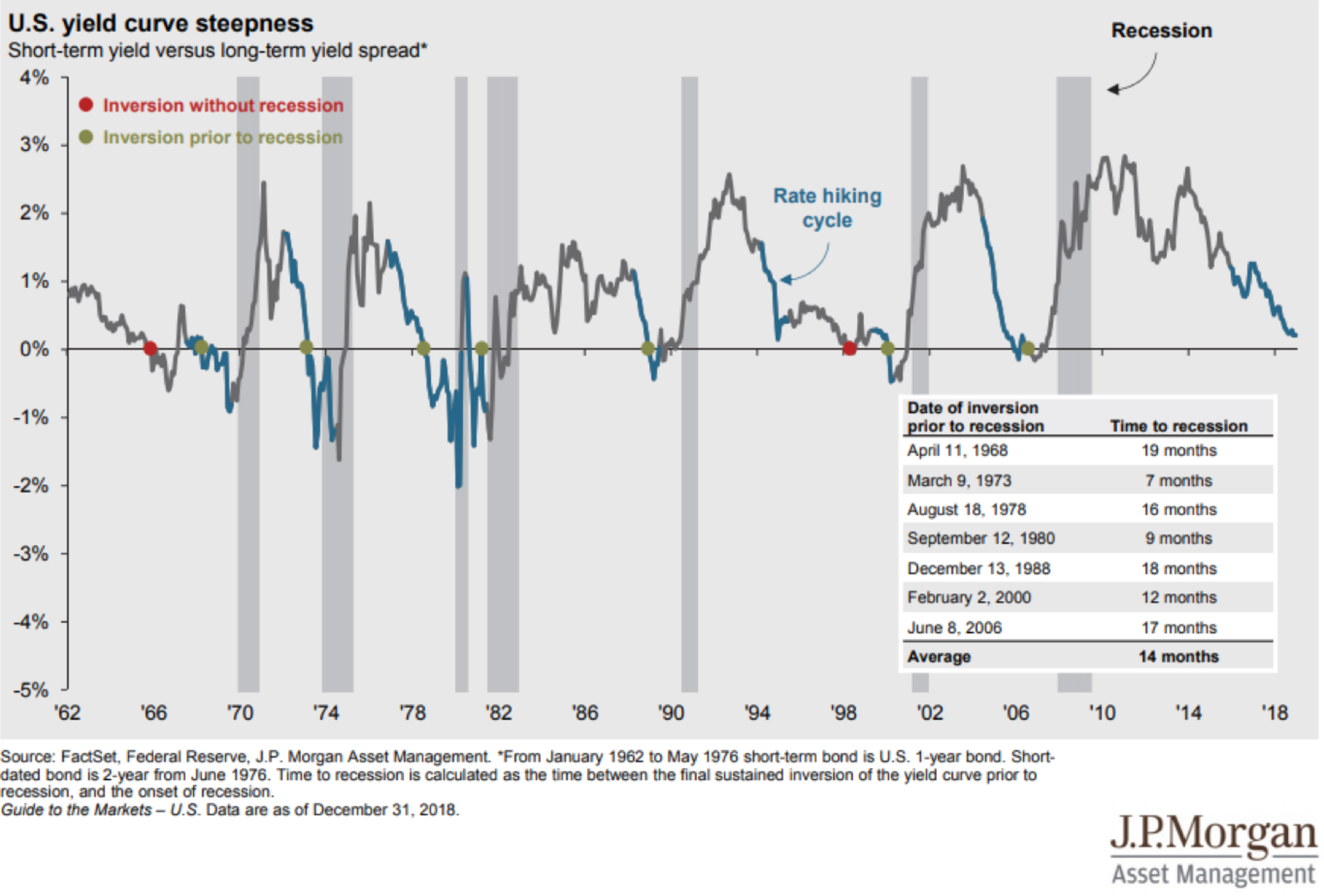Contributed by: The Big Fat Whale
The recent ban on exporting live chickens- 3.6 million a month- from Malaysia to Singapore has been unprecedented. It shows the vulnerabilities of the supply chain issues for a country like Singapore which is highly dependent on others for their food and energy sources.
The current situation is due to the cap by the Malaysian government on chicken prices at RM8.90 per kg since Feb 5, 2022, which has led to losses or minuscule margins for the chicken breeders. This has affected the supply of chickens as some would rather not breed given a loss-making situation where costs of breeding have shot up due to the world's inflationary environment.
The government did try to cushion and provided support to the breeders through a subsidy of RM730 million. However, to date, only RM50 million have been paid out.
The ban on Malaysia's export to Singapore could help stabilise the prices of chickens in Malaysia as there is a good possibility that prices the breeders managed to secure from Singapore would be higher than the ceiling price set by the Malaysian government.
However, if prices are not set by market forces, sustainability would be questionable, especially with subsidies not efficiently handed out.
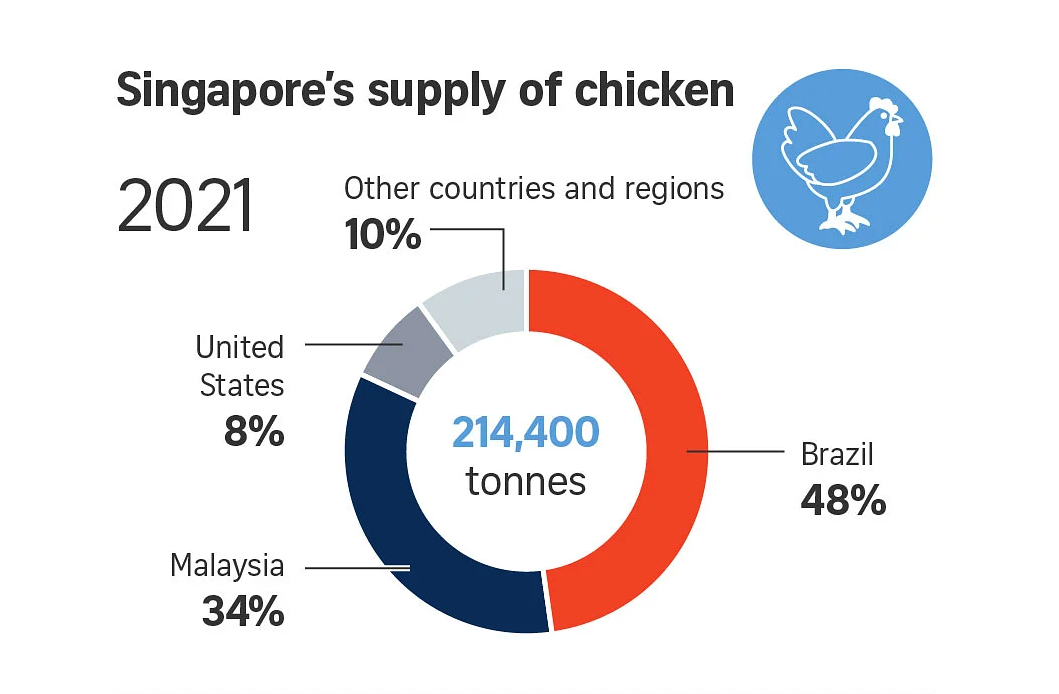
Source: The Straits Time
From the chart above, Malaysia should form the bulk of our live chicken supply due to the geographical and logistical aspects of the supply chain.
Going forward, with a huge dent in the supply of live chicken stocks, we might have to make do with frozen chicken till the ban eases.
Click Here for the Full Article:
https://thebigfatwhale.com/food-crisis-and-protectionism-boom-for-the-cold-storage-industry/

